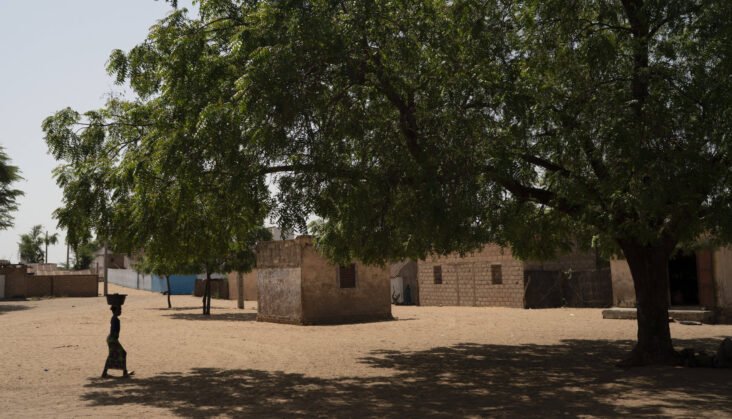African countries face major climate-related challenges, but at the same time, they have the opportunity to achieve sustainable low-carbon economies, according to a new report by Boston Consulting Group (BCG). The report, titled “Building a Climate-Resilient, Low-Carbon, Job-Rich Africa,” identifies particular disadvantages that countries on the continent must overcome but also their potential to become a model for transforming a power system based on fossil fuels to one based on renewables.
Although Africa was responsible for only 4% of global CO2 emissions in 2019, it accounts for 35 of the 50 countries worldwide that are at greatest risk from the effects of climate change. To make the transition to climate resilience over the coming years, the continent must attract extensive global investments in decarbonization and other climate-related projects and must mobilize African leaders and the international community to realize those investments.
“Collaborative action by Kenya, other African countries, and the international community can advance sustainable development, enable Africa to emerge stronger in the burgeoning net-zero economy, and drive progress in confronting the climate threat—not just for Africa, but for the planet as a whole,” says Pia Carona a partner at BCG,Nairobi and co-author of the report.
Working towards a just transition in East Africa
In the East African Community (EAC)—consisting of the nations of Burundi, Kenya, Rwanda, South Sudan, Tanzania, and Uganda, efforts to improve adaptation in the agricultural sectors by building climate resilience ensuring food security, and bolstering value creation by shifting to the production and export of higher-value crops are being put in place on the climate action initiative. These steps can yield meaningful environmental, social, and economic benefits.
Mobile Net Zero – state of the industry on climate action 2021
Leaders must create sound plans for national climate resilience that identifies solutions to their countries’ specific challenges and opportunities. Challenges include a fossil fuel-based energy system, and high levels of inequality, poverty, and unemployment – but opportunities include vast, high-quality renewable energy resources, competitive production costs of green fuels like hydrogen and net-positive job creation if the country can successfully localize elements of the renewable energy value chain and effectively re-skill the workforce
“Many African countries, including Kenya, are endowed with vast renewable energy resources of their own and could produce green hydrogen at globally competitive prices,” says Pia Carona.
Unlocking Kenya’s vision of a just transition against this backdrop, at national and sectoral levels, hinges on key building blocks: job creation; social and ecological welfare; managing geographic and cultural dislocation of communities; education, capacitation and reskilling; economic inclusion and participation, especially of the youth and black women; ownership; quality of work; infrastructure planning and rollout; policy and governance; and funding.
Making Progress Toward Net Zero
Kenya and the rest of the continent have a chance to create resilience for their economies and societies, and to advance their industrial development. To avoid disastrous consequences and seize promising opportunities, African countries including Kenya and the international community should prioritize three actions:
- Invest massively in climate adaptation. African countries must mobilize massive funds to build climate resilience. Collaboration with and financial support from the international community will be critical to achieving this.
- Build the foundation for low-carbon, socioeconomic development. By leveraging new technologies and business models, African countries can chart their own low-carbon development paths optimized to local contexts.
- Accelerate the creation of local green manufacturing capabilities. African countries need to harness their natural resources and local capabilities to drive the creation of localized green manufacturing hubs in renewable energy, carbon sequestration, climate-resilient food systems, and other areas. Doing so can create millions of jobs and spearhead Africa’s industrial development.
“The road to CP27, which will take place in Africa, needs to bring global and African leaders together to meet the financial, technological, and capacity-building challenges that will not only shape Africa’s future but also significantly affect the global path to net zero. African leaders should create sound, national climate resilience plans that identify effective responses to their countries’ specific challenges and opportunities, and richer nations should be prepared to invest in activating those plans. Developed countries that have historically contributed the most to global emissions must help unlock the required investments from both the private and public sectors,” concludes Patrick Dupoux, a BCG managing director, and senior partner, and co-author of the report.









